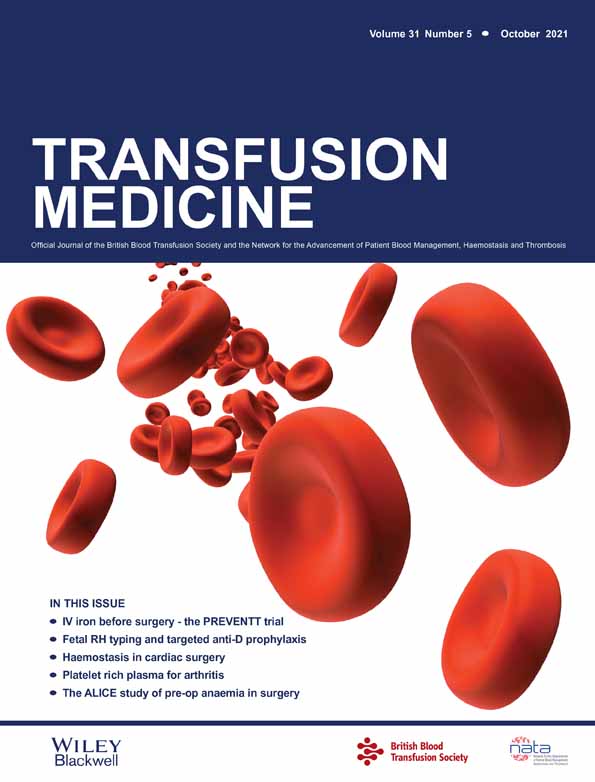Pain control and functional improvement in patients treated by autologous conditioned serum after failure of platelet rich plasma treatments in knee osteoarthritis
Rosa Leone and Alessandro De Rosa contributed equally to this work.
Abstract
Objective
To assess the efficacy of autologous conditioned serum (ACS) for the treatment of patients with knee osteoarthritis after failure of medical treatments and platelet rich plasma (PRP) injections.
Background
Knee osteoarthritis is the most common form of arthritis. Prior to prosthetic surgery these patients might benefit from medical treatments, physiotherapy, and in case of their ineffectiveness, from autologous blood component injections.
Methodology
We have treated 30 patients with Kellgren-Lawrence I-III knee osteoarthritis with ACS after failure of standard medical treatments/physiotherapy and platelet rich plasma (PRP) injections for a full cycle, within the previous year from enrollment. Results: ACS administration was performed in all patients with mild side effects and produced prompt (1 month) improvements of VAS and Lequesne scales in 67% of patients and this result persisted at 6 and 12 months. No relationship between the rate of response and Kellgren-Lawrence scale at enrollment was observed whilst responders had a significantly higher amount of interleukin-1 receptor antagonist (IL1-RA) in ACS as compared to nonresponders.
Conclusion
The present study confirms the efficacy of ACS in pain control and functional recovery of patients with knee osteoarthritis resistant to medical and PRP treatment. These results were obtained in a well-defined cohort of resistant patients and seem to be related with IL1-RA content in injected ACS.
CONFLICT OF INTEREST
The authors declare that they have no competing interests.




